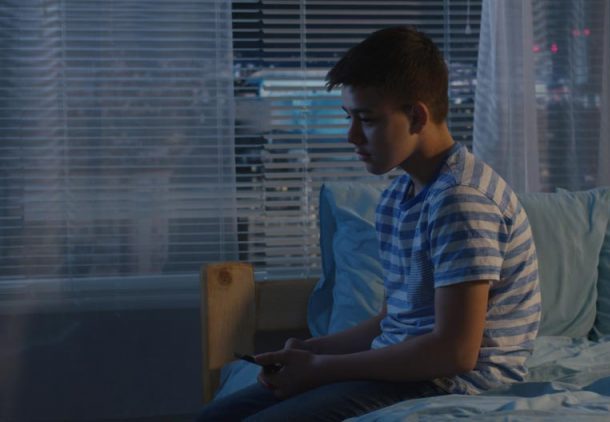Changes in behavior, such as appetite changes, no longer enjoying favorite activities, changes in sleeping patterns or always feeling tired — especially if these behaviors are related to a painful event, loss or change — may also be a sign of depression which could include suicidal tendencies.
“We often don’t imagine that children and teens could actually attempt to end their lives, but unfortunately, it can and does happen,” said Dr. Heather Huszti, chief psychologist at CHOC. “So often these children showed some type of warning signs ahead of time. Talking openly about mental health and suicide can save children’s lives.”
If your child tells you that they want to die or wish they weren’t alive – regardless of age – it’s important to get help immediately. Children who express interest in dying should be taken seriously and not treated as if they are acting out for attention. Many children (even children younger than 10) and teens who threaten suicide will make a suicide attempt.
Most children who take their lives exhibit suicide warning signs.
Why Do Teens Consider Suicide?
Learning more about what might lead a teen to suicide may help prevent further tragedies.
It can be hard to remember how it felt to be a teen, caught in that gray area between childhood and adulthood. The teen years are a stressful time filled with major changes. These include body changes and emotional changes. Strong feelings of stress, confusion, fear and doubt may affect a teen’s problem-solving and decision-making. Teens may also feel a pressure to succeed.
For some teens and younger children, normal development changes can be very unsettling when combined with other events, such as changes in friendships, problems in school, losses, or changes in family due to divorce, a loved one moving out or moving to a new city. These problems may seem too hard or embarrassing to overcome. For some, suicide may seem like a solution.
The reasons behind a teen’s suicide or attempted suicide can be complex. Although suicide is relatively rare among children, the rate of suicides and suicide attempts increases greatly during adolescence.
Which Teens are at Risk for Suicide?
A teen’s risk of attempting or completing suicide varies with age, gender and cultural and social influences. Risk factors may change over time. They include:
- One or more mental or substance abuse problems.
- Impulsive behaviors.
- Undesirable life events, such as being bullied or experiencing recent losses.
- Family history of mental or substance abuse problems.
- Family history of suicide.
- Family violence, including physical, sexual, verbal or emotional abuse.
- Past suicide attempt.
- Imprisonment.
- Access to a gun in the home (nearly 60% of all suicides in the United States are committed with a gun).
- Access to over-the-counter, prescription or non-prescription medication (teens can even trade medications at school and store them in lockers or backpacks.
- Girls think about and attempt suicide about twice as often as boys and tend to attempt suicide by overdosing on drugs or cutting themselves. Yet boys die by suicide about four times as often girls. Experts think this is because they tend to use more lethal methods.















